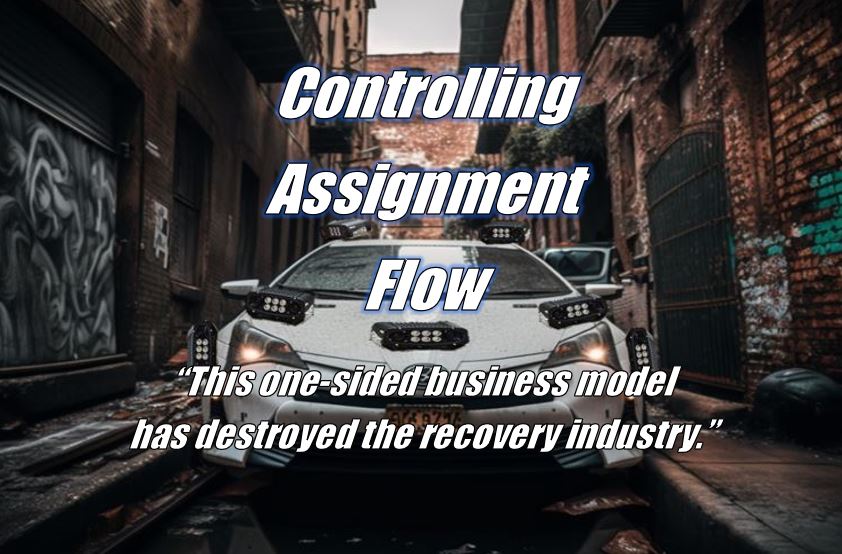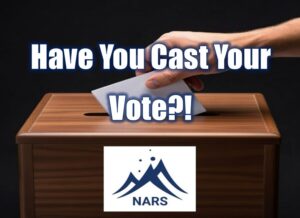“This one-sided business model has destroyed the recovery industry.”
GUEST EDITORIAL
As agents and agency owners, we have adopted technology to gain a competitive edge. Initially, that technology aided recovery agencies and gave them that competitive edge they were looking for. Without the ability to see into the future, no one could fully understand the negative impact ALPR technology would have on the assignment flow.
Data collection was always beneficial to the scanning agent. The industry was led to believe more scans equated to more recovered vehicles. That statement was true for a few years. Let’s call those years the golden years. One entity drove the LPR market, claiming to partner with recovery agencies.
Fast forward to 2023, most clients utilize ALPR technology heavily in the recovery process. How does this process negatively affect the agencies? Increased cost to conduct business and the ability for anyone with an ALPR system to provide data back to the network, In most cases lacking compliance and proper equipment.
There are a handful of parties who influence the recovery process while promoting terrible business practices. Unfair, one-sided contracts that lock you in with unfair non-compete clauses, providing no ability to leave if you do choose to leave your business will suffer. Those parties can pick and choose who they assign the order to, utilizing the data provided by the entire agent network.
This has always pressured agents into more scans. However, more scanning created more advanced alerts. Those advanced alerts were sent out to the entire agent network utilizing integrations with industry-leading smart maps.
Agents endorsed this under the disguise of more leads to recover vehicles and profit sharing that barely covers the cost of equipment and fuel. Our entire industry places value on total units recovered, not fully understanding the data collected by the cars and equipment owned by agencies has so much more value than the vehicles recovered.
We should all ask ourselves why buy camera systems and employ drivers if we have been told for years the data is not your data? Why not collect the data for internal purposes to create value and provide leverage utilizing the data you collect?
Take the time to understand how the data is utilized today. Prior to the order being assigned to an agent, clients use LPR technology to push leads to scanning agents. 8 hours later, the unit is recovered by a scanning agent. While this is great news for the client, the original agent wasted time running the assignment.
The historical data provided takes time to flow to the agency with the direct assignment. However, one entity has the advanced alert already out to their network. While you patiently wait for your own data, the vehicle is recovered by another agency.
Now, I know we have been told for years the data does not belong to the scanning agent. Great news- your investment into hardware and vehicles serves zero purpose because you own none of the valuable data. Agents are losing market share to these 3rd parties, who are fueled by the agents driving around scanning and collecting data in hopes of locating assignments.
Why would anyone continue to support a model that takes clients and assignments from their company?
Only when the bulk of recoveries are done utilizing these 3rd party ALPR companies, will we fully understand the negative impact and increased cost on our business model. Their main goal is gathering data, never actually improving the agent’s business.
Controlling the historical data, dictating pricing, selling data pre-recovery, blocking certain entities from accessing data, monetizing data for their own growth, sending your scans to competitors, giving you access to your own data when it works for them, and never actually partnering with recovery agencies.
This one-sided business model has destroyed the recovery industry.
In summary ALPR can be a great tool, but should be managed and monitored by the parties who utilize the tool.
Vinnie,
Action Towing & Recovery
Sarasota, FL











More Stories
Bad Apples in the Repossession Industry
Why Self-Help Repossession Is Taken for Granted — and Why Losing It Would Hurt Consumers Most
A Necessary Distinction: Financial Oversight vs. Financial Control
When Oversight Becomes Overreach: Why Demanding Subcontractor Financials Is Wrong
Snitching vs. Standing on Principle: Calling Out Bad Actors in the Repossession Industry
Lender Interference in Georgia Repossessions